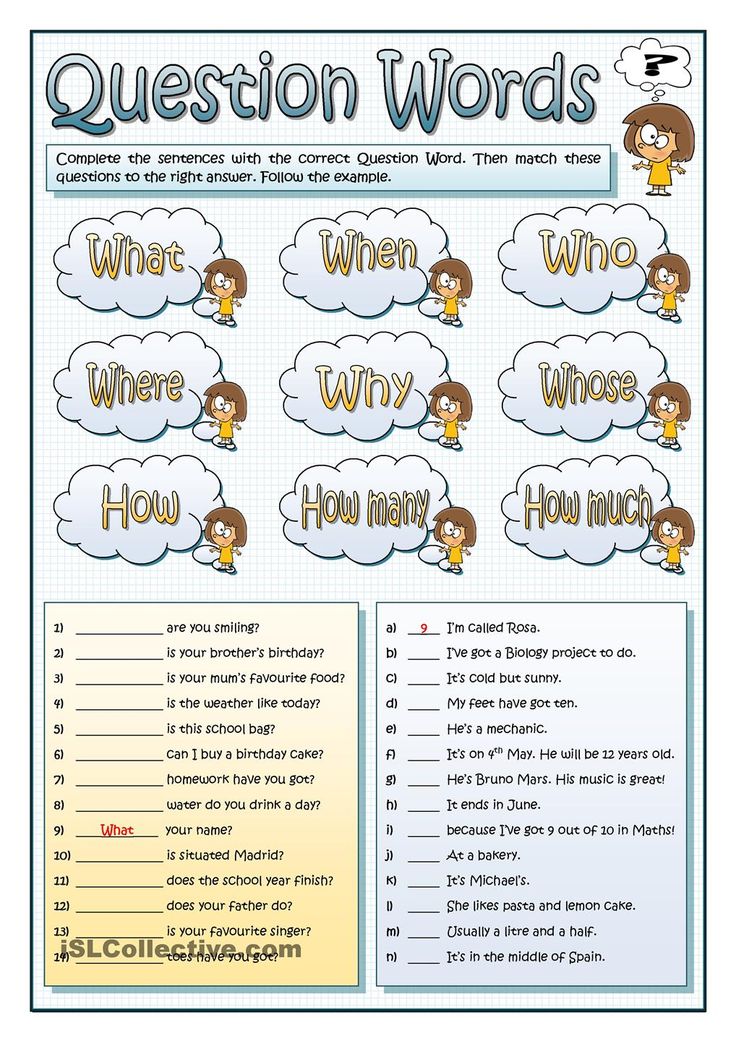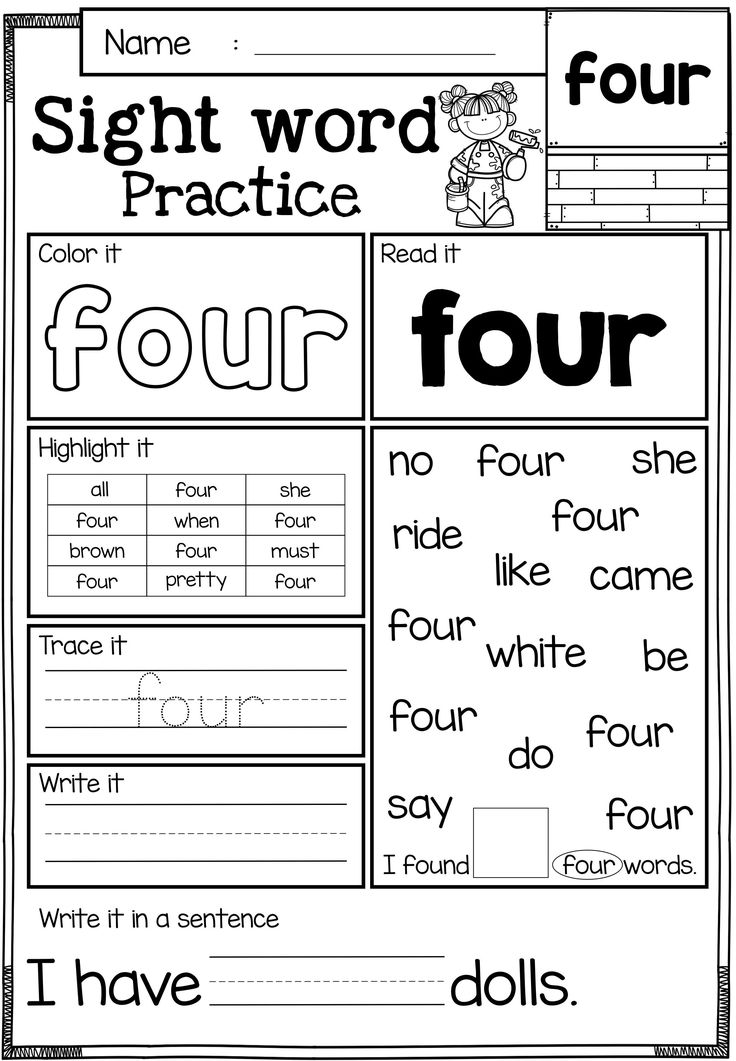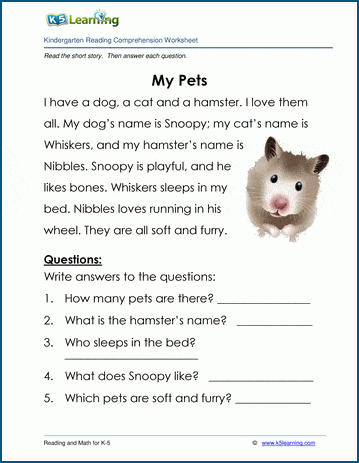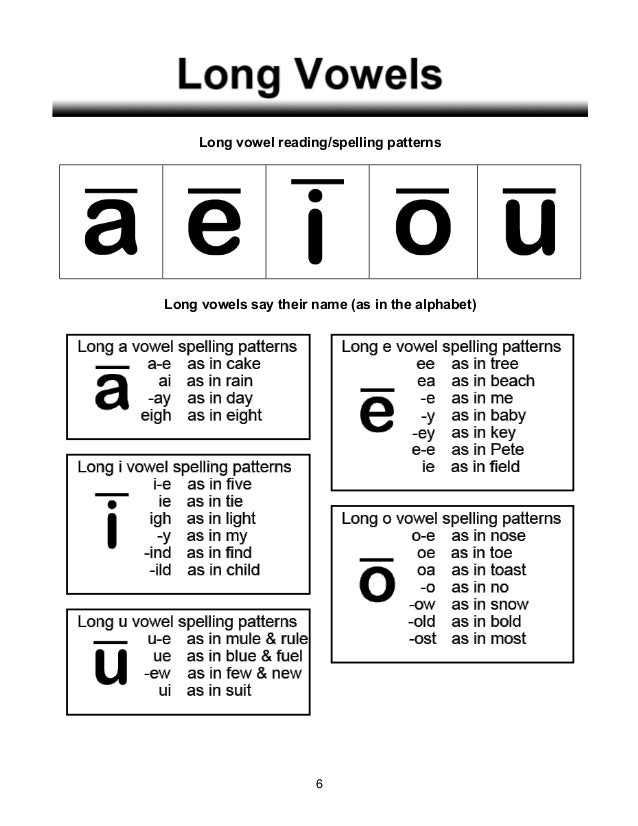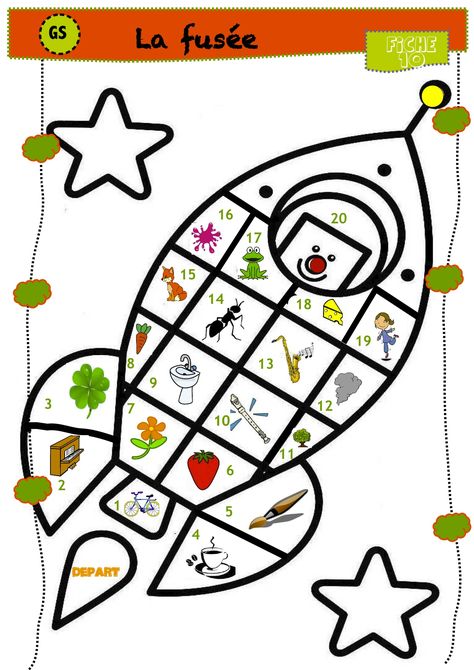Learn at homer
The Essential Early Learning Program and App for Kids 2-8
Learn & Grow App
Personalized to Age and Level
Increases Early Reading Scores by 74%
1,000+ Activities Across Subjects
Start Your Trial
Playful Learning They’ll Love
Our program delivers playful learning across subjects, building the skills kids need through lessons and activities they love.
Reading
A step-by-step pathway that leads to literacy
Math
Building blocks for math confidence
Social & Emotional Learning
Tools for navigating social skills, empathy, and confidence
Thinking Skills
Brain games for big thinking
Creativity
A space for imaginations to run wild
Explore our subjects
Ready to Sign Up?
Annual
$119.88
$59.99/yr.
($4.99/mo.)
Billed yearly at $59.99
Start Free Trial
SAVE 50%
Monthly
$9. 99/mo.
Billed monthly at $9.99
Start Free Trial
Included in your trial
Unlimited access to the Learn & Grow App
Up to 4 child profiles
Offline activities and printables
Resources and tips from learning experts
LIMITED TIME BONUS OFFER
Learn with
Sesame Street FREE with HOMER Learn & Grow SubscriptionHOMER's four-step learning framework meets Sesame Workshop's tried and true approach: teaching kids to be confident, curious, and kind.
Learn more
The Learning Journey That Grows with Your Child
Tap below to explore what they'll learn at each stage.
Toddler
Preschool
Pre-K
Early Learner
Growing Learner
Explore Ages
Personalized to Their Interests Across Subjects
Sports
Vehicles
Princesses
Dinosaurs
Animals
Kid Powered Learning
Personalized
Lessons, and activities personalized to age, interests, and skill level.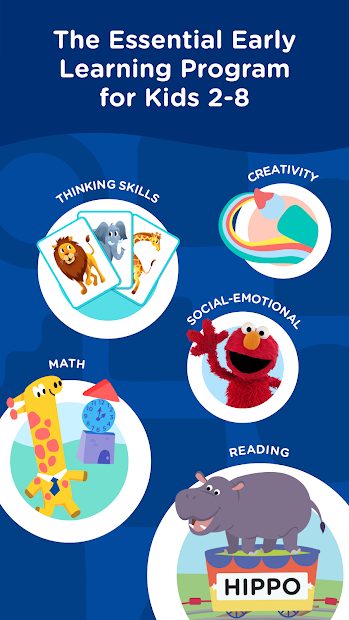
Proven
Research-backed, kid-tested, parent-approved.
“I Did It” Moments
Builds skills kids (and parents) are proud of.
Joyful
Fueled by activities kids actually want to play.
Safe & Easy
Ad-free, safe, and easy for kids to use.
The Buzz On HOMER
“HOMER is a parent’s dream! Kids are having fun, so they don’t know it’s learning. They ask to do more!”
Deb S.
“Both of my kids use HOMER’s learning program and have excelled! We’ve tried literally 20+ apps and websites, and NONE hold a candle to HOMER.”
Brittany
“My four-year-old daughter has sensory processing disorder; getting her to focus on learning can be a bit of a nightmare, but HOMER has her FULL attention.”
Katie M.
Personalization Made Easy
You tell us a little about your child, and we’ll come up with a learning journey made just for them!
We combine your child’s unique interests
with their age and current learning level
to create a personalized learning journey they love
that builds essential skills for school and life!
Get Started
The Most Effective Way for Your Child to Learn
Developed by experts, our research-based, four-step approach goes beyond rote memorization to build confidence, promote problem-solving, and foster a lifelong love of learning.

learn more
AS SEEN IN
The Essential Early Learning App For Ages 2 - 8
HOMER grows with your child on every step of their learning journey with a program personalized to their age, interests, and skill level.
Discover HOMER at Every Age
We recognize each child’s learning journey is different. Here’s an example of what your child might explore at each age!
Ages
Toddler
Preschool
Pre-K
Early Learner
Growing Learner
Reading
(FOR 2)
Personalized pathway that builds essential skills on one another—from letters and sounds to sight words, to eventually reading and spelling
Exploring Letters
Recognizing letters as special symbols
Exposure to the alphabet
Identifying uppercase letters
Listening Skills
Hearing if words are the same or different
Introduction to rhymes
Exposure to the first sounds in words
Developing Language
Practicing new and familiar vocabulary
Stringing words together
Exposure to connecting spoken and written words
Engaging with Books
Early concepts of print
Introduction to different genres
Love of reading
Math
(FOR 2)
Building blocks for math confidence: number recognition, counting, shapes, number operations and more
Developing Number Sense
Developing early number sense
Introduction to numerals
Discovering Shapes
Learning simple shape names
Identifying simple shapes
Creating with shapes
Thinking Mathematically
Practicing Counting
Verbal counting up to 10
Object counting up to 5
Exploring Spatial Concepts
Understanding spatial language (e.
 g., over, above, next to)
g., over, above, next to)Understanding ordinal numbers (e.g., first, second, third)
Social & Emotional Learning
(FOR 2)
Identifying and reacting to emotions in themselves and others
Identifying Feelings
Naming common emotions: happy, sad, mad
Learning About Themselves
Recognizing themselves as a person with unique traits
Identifying likes, dislikes, and interests
Observing Social Skills
Exploring Self-Expression
Expressing emotions through face, body, and voice
Open-ended and creative play
Exploring visual expression through art
Thinking Skills
(FOR 2)
Critical thinking, problem solving, and information processing to form new ideas
Building Memory
Matching up to four hidden items of simple images (e.
 g., four animal cards)
g., four animal cards)
Focusing on Focus
Relating Learning to Life
Making connections between images and words
Making connections between objects and sounds
Creativity
(FOR 2)
An open space for imagination and expression
Fostering Imagination
Pretend play
Imitating routines
Make-believe play
Dress-up
Introducing Storytelling
Story creation
Exploring Art
Why ParentsHOMER
“Your child can use it totally on their own. The girls have absolutely loved it!”
Allie Richmond
“I wanted to find an app that had everything so I didn’t have to get multiple subscriptions: HOMER’s my favorite.”
Kristina Chaka
“Whenever I need to get things done, they stay occupied having fun while learning lessons with HOMER.”
Annie Mescall
HOMER LEARN & GROW
The Essential Early Learning Program
HOMER Learn & Grow builds skills for school and life—taking kids on a personalized learning journey that boosts their confidence and grows with them.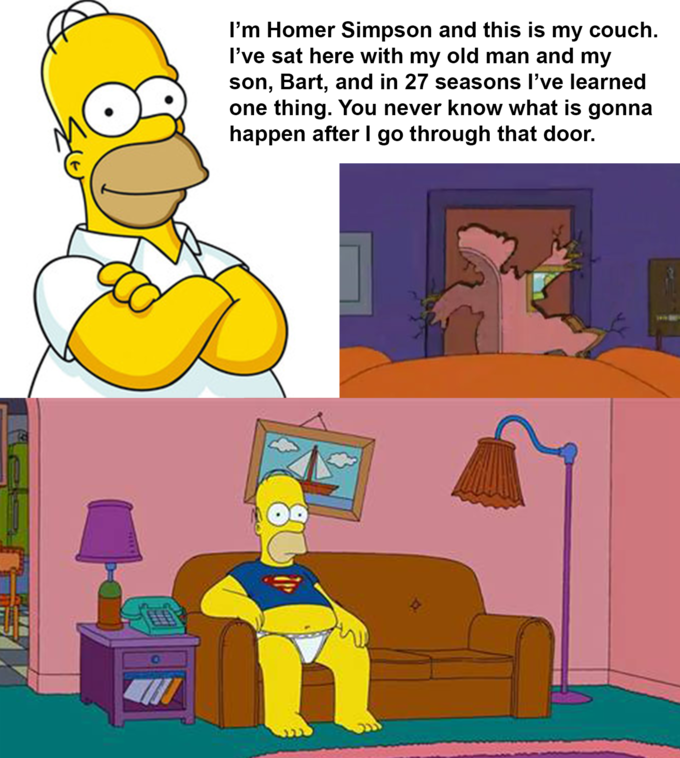
Explore Our App
HOMER Blog
Take the Learning Journey Offline
Find activities for your child to jump into independently or play together as a family with the HOMER Blog. Our thoughtfully curated library of activities builds on the skills your child is developing with Learn & Grow.
Explore Activities
Learn & Play by Fisher-Price
Learn & Play by Fisher-Price, powered by HOMER, is a safe, play-based app designed to delight and entertain your little learner. Each ad-free game and activity is designed by academics and researchers, fun-tested by kids, and created to help your child explore, play, and learn!
Get the App
Ready to Sign Up?
Get 30 Days Free"I was told that I should take up my mind and read Homer." Interview with Olga Misik | by Msuthefirst
Olga Misik (aka “Olya-Constitution”) is a first-year student at the Faculty of Journalism of Moscow State University. In the summer, Olga arranged a performance with the reading of the Constitution of Russia to the OMON, and later, already in the academic year, she tried to ask rector Sadovnichy a question about Azat Miftakhov, a graduate student of the Mekhmat, who was in the pre-trial detention center, and then argued with TV presenter Dmitry Kiselev after his lecture at the Faculty of Journalism of Moscow State University. We talked with Olga about studying journalism, political asylum in Denmark and her political views.
In the summer, Olga arranged a performance with the reading of the Constitution of Russia to the OMON, and later, already in the academic year, she tried to ask rector Sadovnichy a question about Azat Miftakhov, a graduate student of the Mekhmat, who was in the pre-trial detention center, and then argued with TV presenter Dmitry Kiselev after his lecture at the Faculty of Journalism of Moscow State University. We talked with Olga about studying journalism, political asylum in Denmark and her political views.
Hello! Main question: do you like to study? Are you ready for the session?
- Well, I'm trying! I like studying here, it's great, but, of course, all these situations (for example, Dmitry Kiselev's visit to the journalism faculty or the persecution of journalism students Marina and Fariza for collecting guarantees in support of Azat Miftakhov) is too difficult and spoils the opinion about the faculty ...
- Well , I'm talking more about studying.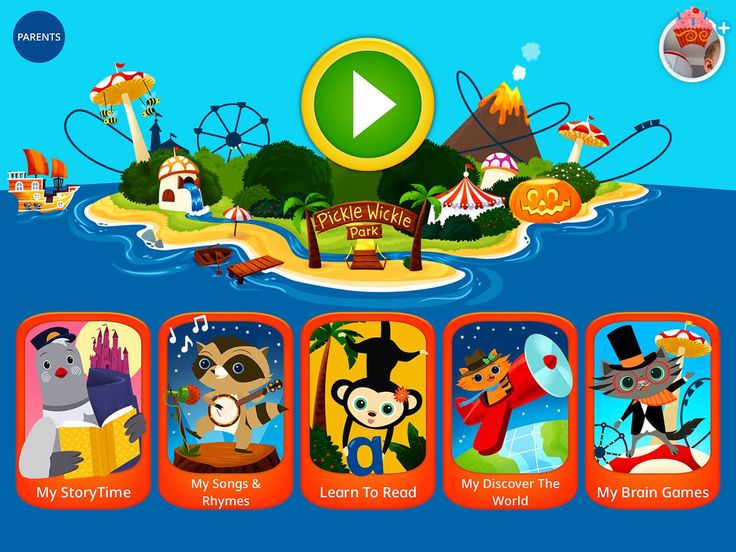 ..
..
— Difficult, but interesting.
— Was it difficult to enter?
— Everything there depended on the results of the Unified State Examination. Of course, I have been preparing for it for two years, so in general everything was great. But I practically didn’t prepare for the DWI, but as a result I wrote it for 92 points. That was great!
— One of the main questions I see about you on social networks is how you manage to combine studies and active protest activities. What do you say?
— I can say that it is difficult for me to study, but I think that if there were no protest activities, then I would just spend the same time on something else.
— Tell us what was the message of the action at which you read the Constitution to the OMON.
- I just said that we gathered peacefully and for peaceful purposes and without weapons, in accordance with the Constitution, but the security forces did not. That's all.
That's all.
— A few days after her, you left for Denmark. What was this trip, if not a secret?
- It's not a secret. I was invited to give a speech at the Festival of Democracy in Copenhagen.
— And how, luckily? Speaking in English?
- Yes, quite well. In English.
— At the Open Day , tried to ask the rector a question about Azat Miftakhov, a post-graduate student of the Mechanics and Mathematics Department of Moscow State University, who is in jail. What was the point of doing it this way?
- For almost a year he ignores this problem, and it looks rather strange, because everyone knows about his connections with Putin and United Russia. And the fact that he is so ignorant of this obviously fabricated case and says that the court and law enforcement officers will sort it out - damn it, this is stupid. Moreover, I don’t understand how it is possible in principle to think that Miftakhov can be guilty, everything is obvious there.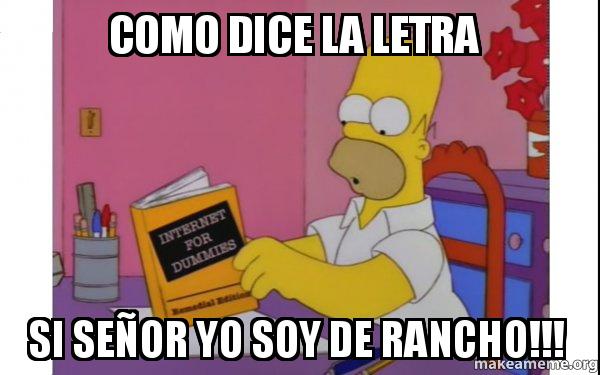 And the funny thing is that at first, at the lecture, the rector said that he did not understand what he was talking about, and then in the end he said that he “has been following this case for a long time.”
And the funny thing is that at first, at the lecture, the rector said that he did not understand what he was talking about, and then in the end he said that he “has been following this case for a long time.”
— After that, you had a conversation with Elena Vartanova, Dean of the Faculty of Journalism. What was the conversation about? Were you scolded or was it more of a friendly conversation?
- I think friendly conversation, everyone was pretty friendly. There was a dean, two deputies for academic work and educational work (I don’t remember the exact names) and a senior student. They talked about this case, about the fact that all this was rather unethical for a journalist, and about my studies. I was told that I should take up my mind and read Homer. They also talked about the colloquium. I accidentally missed it, really by accident! They also said that the faculty is outside of ideology and the faculty will not press me for my beliefs. I then relaxed a little, but now I tensed up after the story with Fariza and Marina.
— For you, actions are primarily political activity or rather actionism? Is there someone you like among Russian actionists?
Olga Misik with a blank poster on Red Square (she was detained, but after some time released without a protocol being drawn up)— Both. All this should have meaning and political overtones, but at the same time be beautiful in order to look cool. But at the same time, the action should make you think. Of the actionists, I like Pussy Riot, the Art Group “Voina”, Pavlensky. They are cool! Lenya, he was the main one in the “War”, simply amazing. I dream of taking an example from them and doing the same cool promotions. But the problem is that those days have already passed, and. now everything is becoming, and the screws are being tightened, and, of course, in the future it will be more and more difficult to do something interesting.
- There are many people who, when discussing you, do not understand why you are doing all this.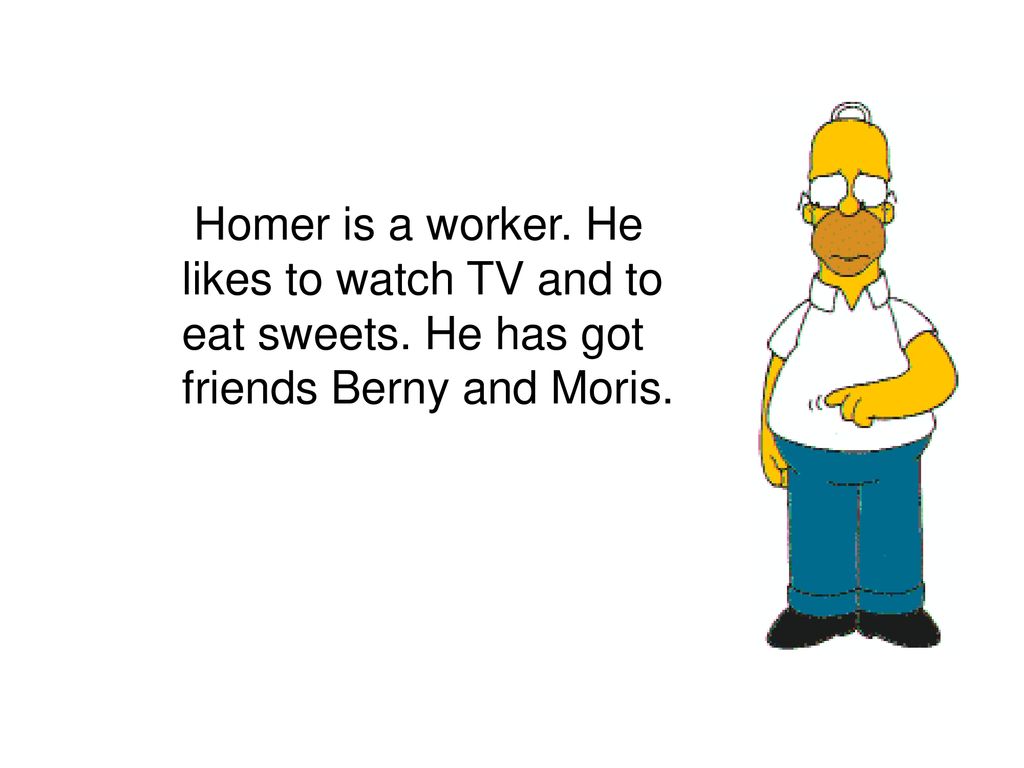 Can you explain to them the meaning of your activity?
Can you explain to them the meaning of your activity?
- I think it's obvious, I just think it's all important. It is important that I can do what I like and still be useful.
— I saw posts a couple of times that you just want to get political asylum somewhere. What do you say to that?
— Of course, this is nonsense. And I was already offered political asylum - when I was in Denmark. I did not agree, because I wanted to return to Russia and be involved in what is happening here. When I was in Denmark talking about political prisoners in Russia, for them it all looked just awful.
- Let's talk about politics. What exactly does not suit you in modern Russia? It should be?
- Well, everything in general. The fact that for twenty years, all my life, the same power is strange and stupid and disgusting. It's just a totalitarian monarchy, it's not normal, it shouldn't be like this in a healthy country. All this paranoia of power also infuriates me. That everything is getting stricter and stricter. It's all very pressing.
That everything is getting stricter and stricter. It's all very pressing.
- Well, you study for free at one of the main universities in Russia, you live in a hostel almost for free and you also get a scholarship. What's bad?
— And I'm not saying that I don't like the university. But it is our university, it seems to me, that is one of those where there are the most state-funded places, so it is difficult to enter here. There are tiny scholarships for the same reason. In our country, everything is good in comparison with some Congo, but bad in comparison with developed countries. There, tax money goes to citizens, while in our country it goes into the pocket of the authorities and for the development of the military-industrial complex.
— What ideology do you follow?
None. Generally. I'm leaning towards something a little more left-liberal, but in general, all my opinions about other currents are rather vague, because I think that this is not the most important thing.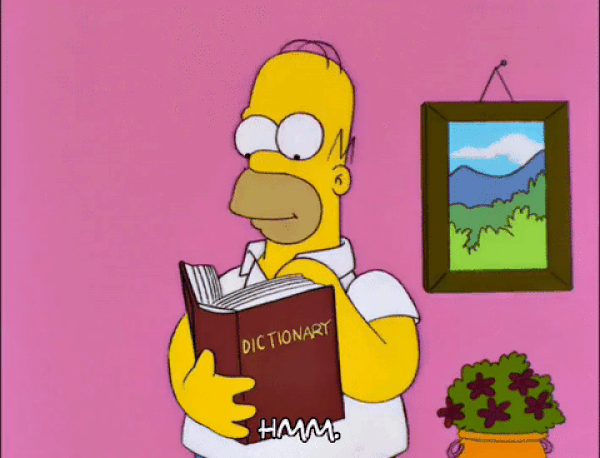
— And what is the main thing?
- Just do something and change, and not be involved in any movement.
— Do you see yourself in politics or journalism in the future?
- Lately I've been thinking that it's not there and not there. This is all in general, probably not for me. Well, I realized that a journalist should be absolutely calm and unbiased. And I have a very strong sense of justice. Therefore, I cannot be impartial. Therefore, I see myself more in political activism than in politics or journalism.
— Were there situations when you were pressured at the university?
- Yes, in general, no, except for the case with Kiselev. The dean keeps a pretty close eye on me. Oh, I remembered another interesting case, we have the newspaper "Journalist". And there was an article about protests and about the courts. I decided that it was all insanely cool and wrote a post about it in my Telegram channel.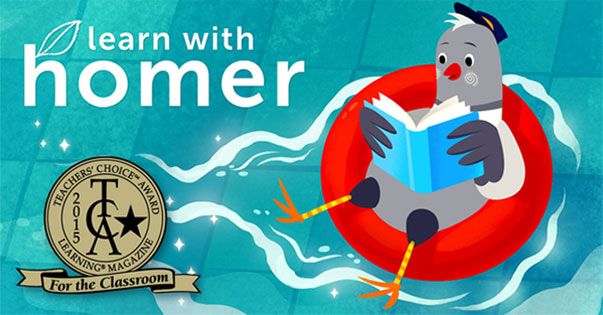 On the same day, the number was removed ( was removed from the stand - ed. )
On the same day, the number was removed ( was removed from the stand - ed. )
- You wrote in the channel that you were often threatened. What does it look like?
- Well, just some strange people write to me, and almost every day. They say something like: “I planted Vladislav Sinitsa, and I’ll dig something for you ...”.
— Do you think these are some representatives of law enforcement agencies?
- Rather, just some city crazy.
— Do people write to you who, on the contrary, support you?
— Yes, there are a lot of words of support, people write about 3-4 times a day. At first, in the first days after the action with the Constitution, there was more anger, then it balanced, and now there is more support.
— What are your impressions of lectures with Kiselev?
Dmitry Kiselev is giving a lecture at the Faculty of Journalism of Moscow State University.
- I always considered Kiselyov a clown like Zhirinovsky, and after the lecture I realized that he is a very smart and quite professional propagandist. At the beginning of the lecture, he first said generally correct things, fair ones, and then slowly, slowly began to weave propaganda into his words. And it became more and more. Also, he is very calm. When I argued with him, I was just furious, because he lied so much and told a lot of stupid lies, but he was absolutely calm. I think he's a pretty smart propagandist overall.
— Can you think of an example of a lie he told in a lecture?
- He said that there were riots, although even the court admitted that there were none. And the Russian court… Well, we know what it is. After the lecture, we argued with him, he said that all policemen are inviolable, that they correctly imprison citizens who went to rallies. This pissed me off a lot.
- Why did it happen that he came to journalism, in your opinion?
— I think the dean invited him. Perhaps this is partly due to everything that has happened recently at the Faculty of Journalism, including because of me. But the official version, according to her, is what we discussed in the last couple ...
Perhaps this is partly due to everything that has happened recently at the Faculty of Journalism, including because of me. But the official version, according to her, is what we discussed in the last couple ...
- Propaganda?
- Cooler! Journalist Code of Ethics! She said that here is a great example for you - Dmitry Kiselev.
- Last question: tell us about your foundation.
— Once I was traveling with friends after the trial, two cases were dropped that day. Everyone was cheerful and happy, and we decided that it would be great that the money that was planned to be spent on paying fines, send to other people and help them with their fines. And a couple of days later I told other friends about the project, and everyone suggested that I make programs for those in pre-trial detention centers and prisons. I decided that this was a great idea, and after about a month everything worked out, I managed to organize it all. Soon I will make the first transfers.
If you liked the material, then subscribe to us on Telegram - “The First University”! We have a lot of interesting news about Moscow State University, students and higher education!
"How I imagine Homer..." 1997
Home / "How I imagine Homer..." Shichalina
Journal of the Classical Gymnasium at the Greco-Latin Study Yu.A. Shichalin. Issue 3. 1997
From the writings of class II students
Homer was born into a wealthy family. At the age of eight he was sent to school. There he learned to read and write, after graduating from school he went to fight. Homer achieved a great rank, was a great commander, but one day in the war he was blinded, and he retired. Subsequently, he devoted his life to describing the war, wrote the Iliad, about the death of Troy ... The first handbook for children who lived after Homer and learned to read was the Iliad. Children learned history and mythology from it. It is said that Alexander the Great always carried a scroll of the Iliad with him.
 Why - no one knows, but I believe that he drove and showed everyone the Iliad and taught everyone to read, learn history and myths. Anna Trannua
Why - no one knows, but I believe that he drove and showed everyone the Iliad and taught everyone to read, learn history and myths. Anna Trannua I imagine myself as Homer, a blind and gray-haired old man, a former warrior, who describes the long-gone events of the Trojan War and the journey of Odysseus. It is possible that he heard all these stories as a child from his mother or grandmother. He was a wandering singer, like Boyan... I think that Alexander the Great carried the Iliad as a possible clue in military operations, as a guide to warfare, sieges, battles.
Ivan ShagovI imagine Homer as a blind old man. His hair was white as snow. Homer was a wandering singer, he went to markets, cities, villages and sang his works. He was of average height and thin. Previously, he must have been a warrior, which is why he describes battles so well. I think that he could go blind after he stopped fighting.
Evgeny FedkoIt seems to me that Homer was a soldier in his youth and went blind in the war.
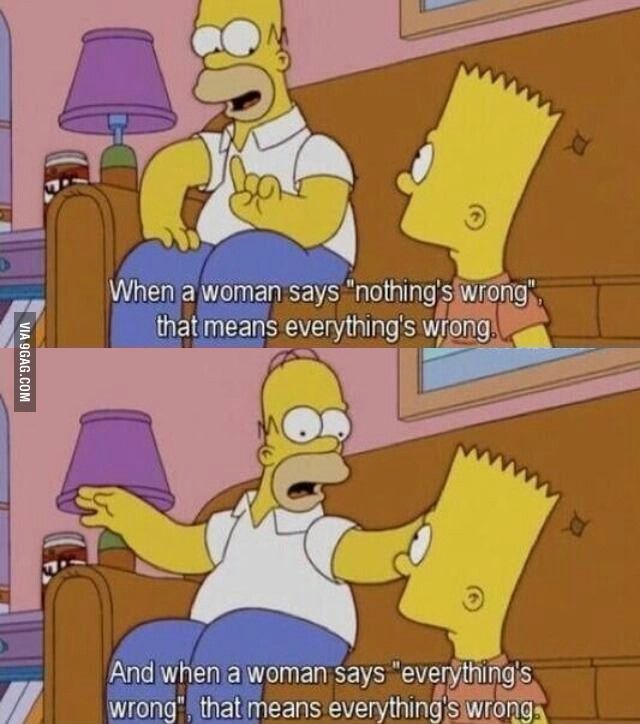 Blinded, he lived peacefully in the city and, missing military life, already a gray-haired, elderly man wrote the Iliad and, as its continuation, the Odyssey. At school, the Greek boys were very interested in reading about the war, while the girls were interested and sad in reading about Hecuba, Andromache, and other Trojan women. Maria Melnikova
Blinded, he lived peacefully in the city and, missing military life, already a gray-haired, elderly man wrote the Iliad and, as its continuation, the Odyssey. At school, the Greek boys were very interested in reading about the war, while the girls were interested and sad in reading about Hecuba, Andromache, and other Trojan women. Maria Melnikova Homer traveled around Greece and sang his poems: the Iliad and the Odyssey. All the people listened attentively to him and sat spellbound. He was already over 70 years old ... Greek children were given this book in the first place, because it was a book that was both interesting and instructive. It had everything: wars, geography, history, and mythology. And the child read. And all the children believed that there were Achilles, Agamemnon, Paris, Patroclus, Hector, Helen. Even growing up, they, being adults, honorable people, loved to read and reread the Iliad and the Odyssey. And what is important, the children also learned to honor the gods and memorize the rituals.
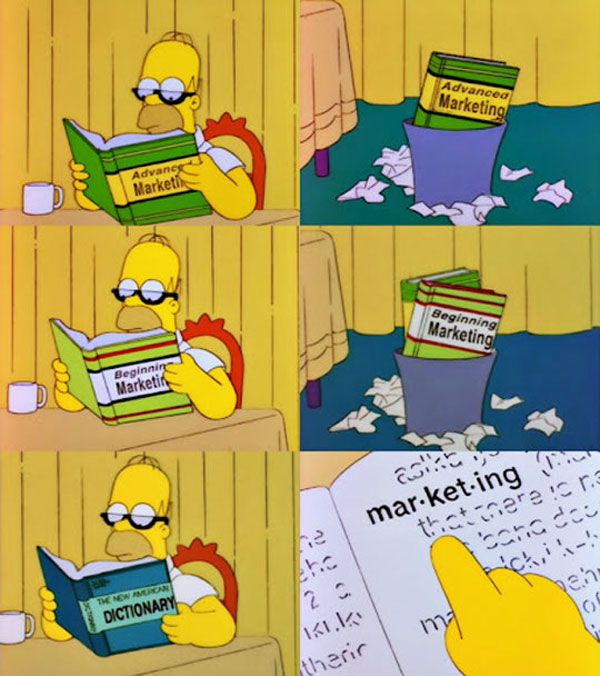 Alexander the Great took the Iliad with him on all campaigns, because: firstly, he was very fond of reading and had an exquisite taste, and secondly, he was a great commander, and scenes of numerous battles were described in the Iliad. Since he had little time - he never had enough - he always carried it with him and put it under his pillow, because he hoped to read his favorite book at night. Nikolai Mogilevsky
Alexander the Great took the Iliad with him on all campaigns, because: firstly, he was very fond of reading and had an exquisite taste, and secondly, he was a great commander, and scenes of numerous battles were described in the Iliad. Since he had little time - he never had enough - he always carried it with him and put it under his pillow, because he hoped to read his favorite book at night. Nikolai Mogilevsky I think that Homer was the same as Pushkin. That he was curly, ugly, smart and lonely. It seems to me that he himself was a warrior and not blind, since then he would not have been able to describe the war in such detail. He himself saw how cities were taken, battles were lost or won, people died. And he described the man very well, as if telling on his behalf how he goes to war, how he fights and how he dies. Perhaps that is why this book has become the main textbook in Greek schools. The book has everything: a description of the mainland, and the entire area around Troy (which is why Schliemann used it as a reference book), and stories about gods and heroes, who descended from whom, who is whose son, and the historical war itself.




